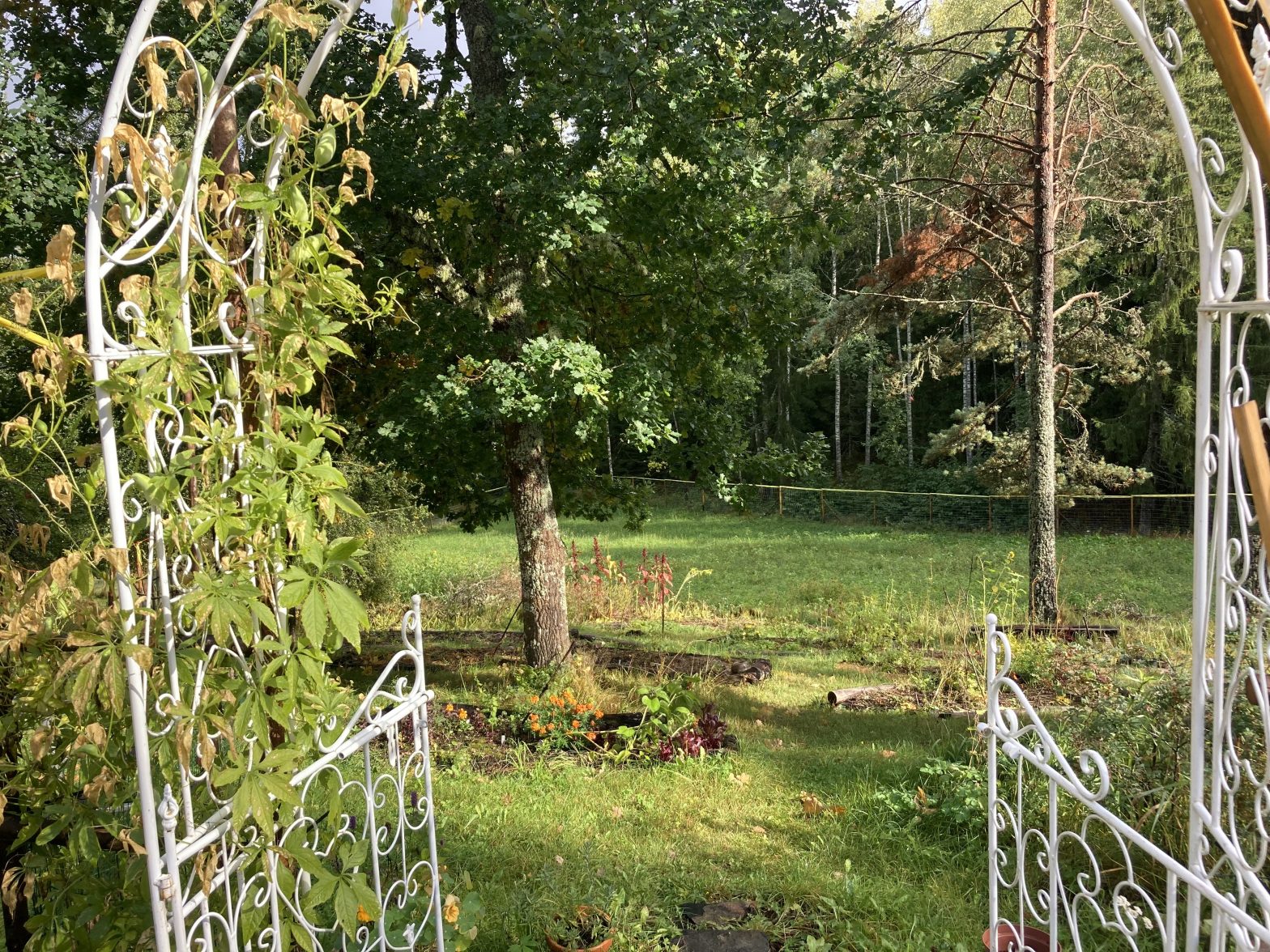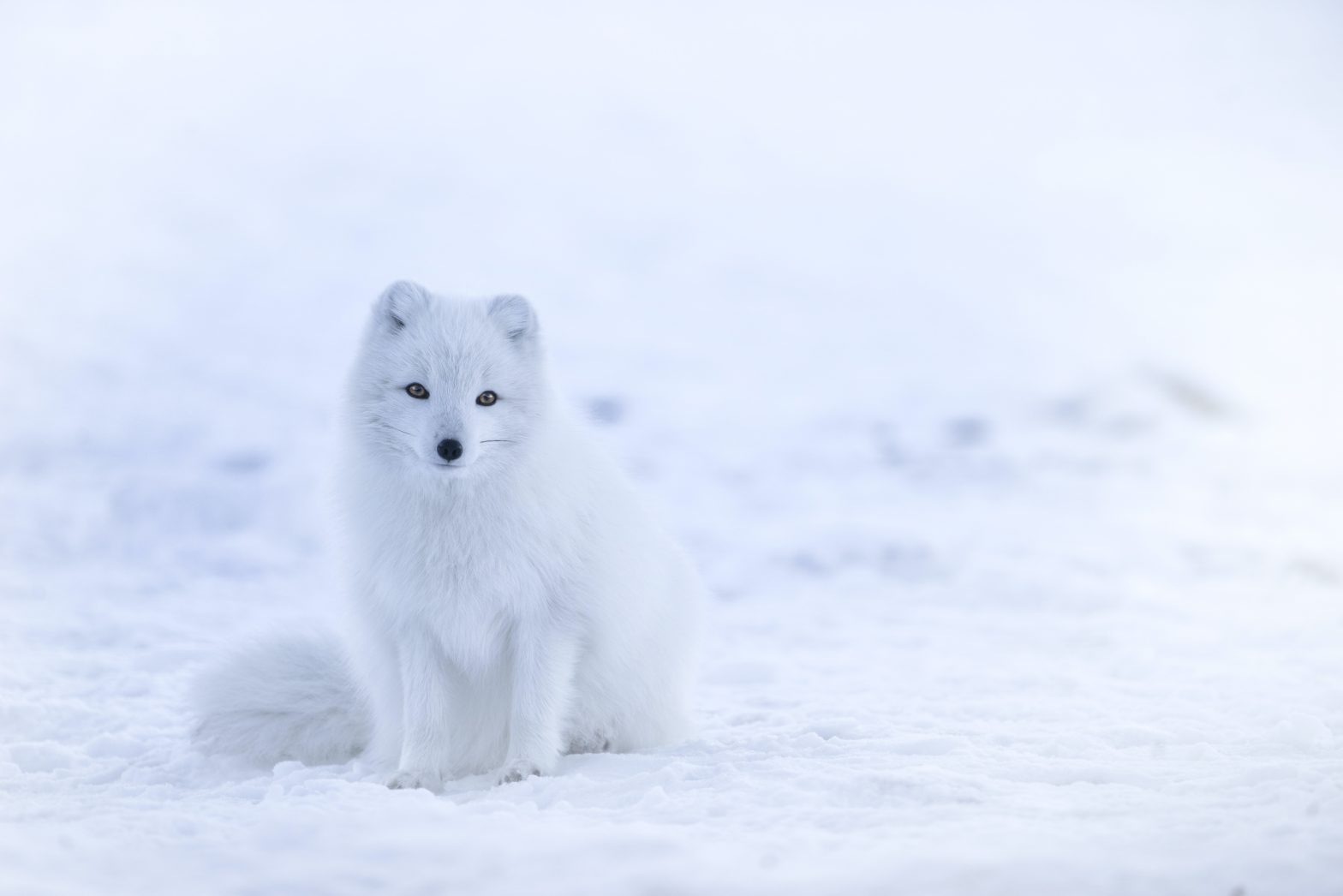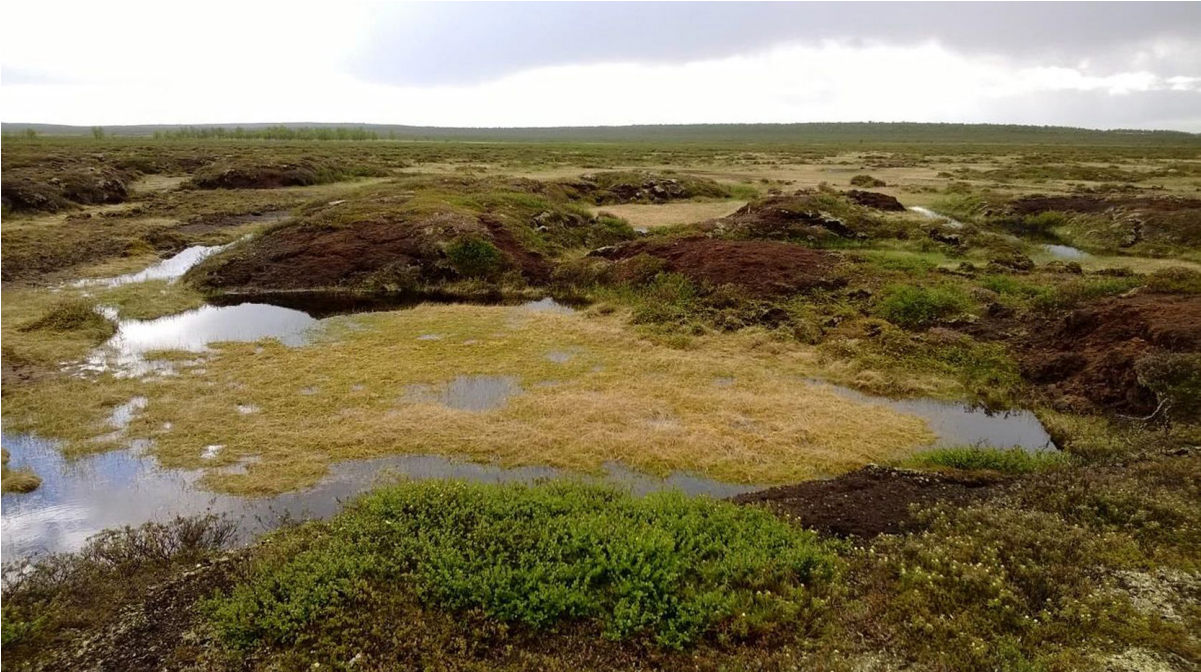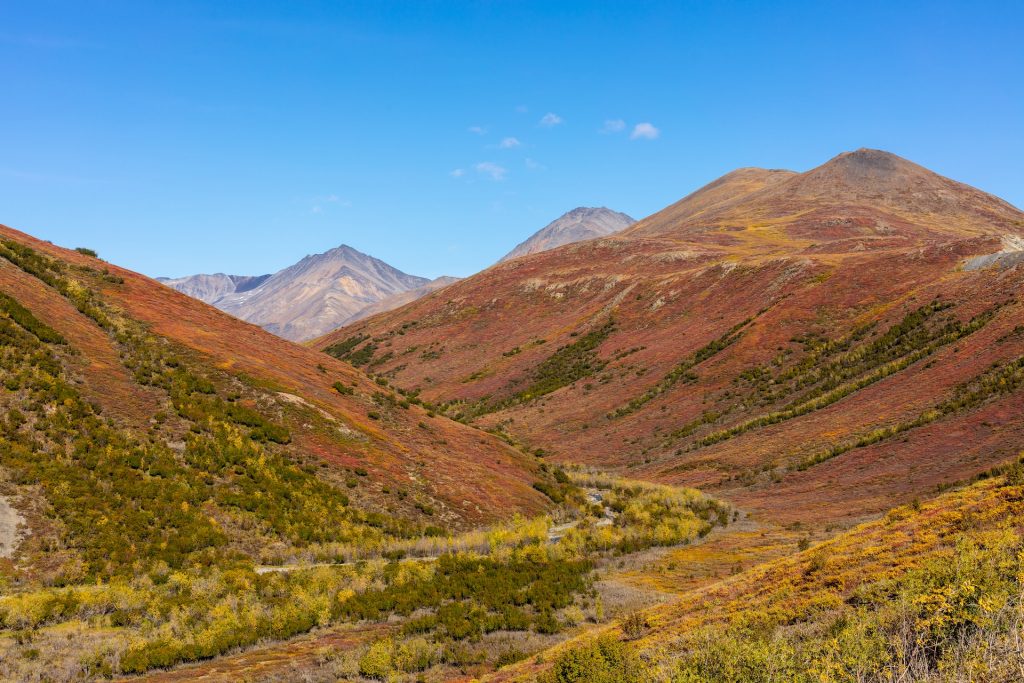Authors: Galina Kallio and Eeva Houtbeckers
What happens when you put sustainability researchers, activists, and thinkers into conversation with two scholars passionate about shifting paradigms, add some microphones, and press record? This is how the HELSUS-funded Untame podcast was conceived, and the result has produced inspiring, thought-provoking, in-depth discussions with activists and thinkers on the cutting-edge of change. In this blog post we will introduce the episodes from first season of the podcast, Paradigm Shifters, and give some insight into the discussions that took place.
Continue reading “Introducing the Untame Podcast: Paradigm Shifters”




